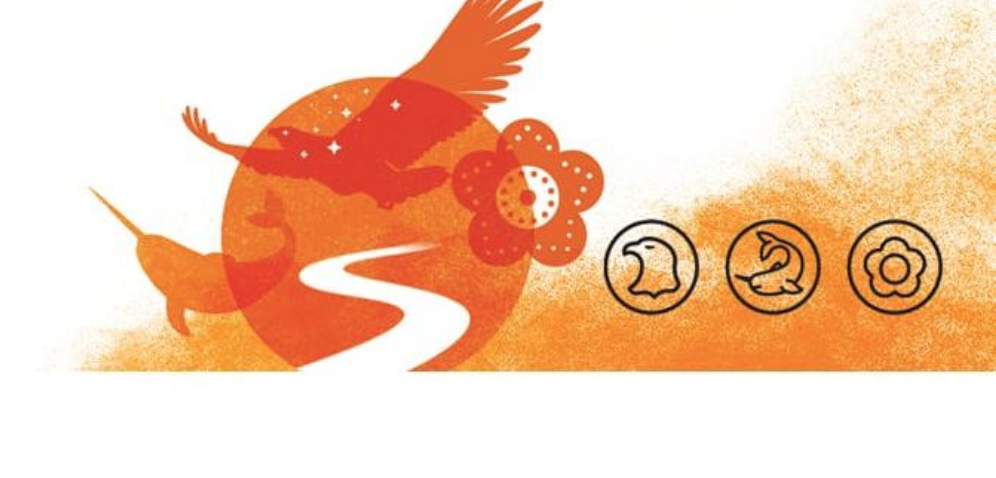It’s Truth and Reconciliation Week. Next Monday, September 30, is the fourth National Day for Truth and Reconciliation and Orange Shirt Day. It is a day for reflection and acknowledgement of harmful colonial policies and actions that continue to have impacts on Indigenous communities today.
Elaine Johnston is Chair of the Indigenous Trustees’ Council (ITC) of OPSBA. She brings the important voice of Indigenous Trustees from across Ontario to OPSBA’s Executive Council and Board of Directors. “Indigenous Trustees play a vital role in Ontario’s education system, bringing unique perspectives and ensuring Indigenous voices are heard in decision-making. Their leadership helps create a more inclusive, culturally responsive environment for all students, while fostering meaningful reconciliation between schools and Indigenous communities,” said Johnston.
Under the Education Act, and as outlined in Ontario Regulation 462/97 (First Nations Representation on Boards), students attending a board’s schools may be entitled to representation by a First Nation trustee. The number of Indigenous trustees depends on the number of Indigenous students attending a school of a board through the Reciprocal Education Approach or under an existing Education Services Agreement. Indigenous trustees are selected by the First Nations and are full members of the board with all the rights and obligations that come with the role of trustee.
At a time in which Canadians come together to discuss the ongoing harms and legacy of residential schools, it is important to also recognize that public education and Indigenous students have a challenging and deeply complicated history. Addressing the harms of colonial policies is a task that continues to confront trustees, and particularly Indigenous trustees, today.
Indigenous trustees bring a wealth of knowledge and lived experience to the table. Often, they are managing multiple roles and responsibilities that contribute to Indigenous community development and well-being. They are in schools and are closely connected to the frontlines where policies affecting Indigenous education are felt. Indigenous trustees come together out of a shared responsibility and deep commitment to students, for the benefit of future generations. They work relentlessly to ensure that the harms of the past, which this day urges us to reflect on, are not repeated.
OPSBA recognizes Indigenous education as a key priority and continues to advance reconciliation as one of its strategic priorities. While there is still work to be done, we are proud of the steps we have taken in recent years with the guidance of the ITC, our primary advisory body on Indigenous Education. Examples of recent actions and advocacy include:
- The Chair of the ITC is a member of OPSBA’s Executive Council, giving voice to Indigenous Trustees from across the province.
- OPSBA has a dedicated staff position to support its work on Indigenous Education.
- OPSBA has established a strategic priority of Advancing Reconciliation. Indigenous Education priorities are included in all OPSBA education funding and policy advocacy, including for the annual Core Education Funding consultations.
- Advocacy to the Minister of Education regarding the critical priorities that Indigenous trustees are advancing through the ITC.
“At OPSBA, we are committed to supporting truth, reconciliation, and healing through public education,” said OPSBA President Kathleen Woodcock. “We believe that every student in Ontario must learn about the history and legacy of residential schools and understand the importance of respecting Indigenous cultures, languages, and ways of knowing.”
The Association has compiled a helpful list of resources for educators, students, and the community, including:
- OPSBA member board activities
- National Centre for Truth and Reconciliation Education Resources
- Resources from Scholastic Canada
- Education resources from the Canadian Centre for Diversity and Inclusion
- The Canadian Government’s Resources for the National Day for Truth and Reconciliation
- Turtle Concepts – Residential School workshops and professional development programs
- Every Child Matters – Book Resources & More (PDF)
- Four Seasons of Reconciliation Education
- ETFO Truth and Reconciliation Resources
- Goodminds.com – First Nations, Métis, and Inuit Books (Truth and Reconciliation)
